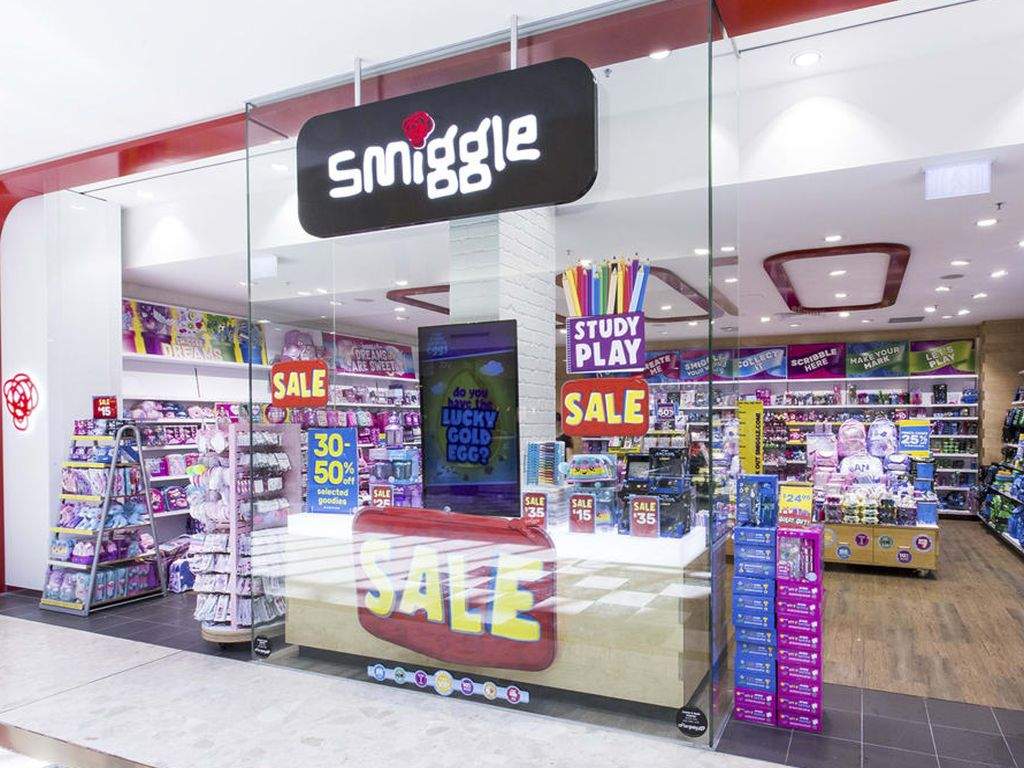Smiggle stores on chopping block as pandemic boosts online

Parent company puts hard word on landlords to maintain profit growth.
Fashion stationery chain Smiggle will close more than 50 stores in the UK over the next financial year as part of a global pandemic recovery plan.
The impact of COVID-19 was particularly severe on the Smiggle business as schools were closed for long periods of time, international borders were shut across all Smiggle retail and wholesale markets, and families no longer felt safe shopping with children in store during a once in a century global health crisis.
Parent company Premier Investments said that in addition to the UK store closures (up to 55 outlets out of a total of 131), the final four Smiggle stores in Hong Kong will close by the end of October.
In the first half of 2020, Smiggle delivered record sales to consumers up 14.2 per cent on the previous corresponding quarter..
In the second half of 2020, Smiggle’s “highly profitable” online channel delivered record sales up 57 per cent, representing 24.9 per cent of Smiggle’s second half sales.
Since children have returned to school and stores have reopened, like-for-like sales are up: 7 per cent in New Zealand, 9 per cent in Western Australia, 11 per cent in South Australia, 37 per cent in Tasmania and 54 per cent in the Northern Territory.
While online still only accounts for more than a quarter of Premier Investments' sales, the segment's growth and high profit margins have emboldened the retailer's negotiating stance with landlords for physical stores.
Rents review
Premier Investments chairman Soloman Lew has urged property owners to reduce rents in line with shopper behaviour that is increasingly shifting online, or else store closures will be "inevitable".
Premier’s retail business has booked an $8.7 million channel optimisation expense to potentially close up to 350 stores in Australia and New Zealand, and recorded one-off store asset impairments of $31.4 million in case suitable rental agreements cannot be reached.
Online sales rose 48.8 per cent to $220.4 million, but in the first six weeks of FY21 the rate was much higher at 92 per cent. In addition, the company said the online business has a significantly higher EBIT margin than bricks-and-mortar stores.
The company also highlights "maximum flexibility" in reviewing each store's profitability as more than 70 per cent of stores in Australia and New Zealand are either in holdover or with leases expiring this year.
Premier Investments, which owns the Peter Alexander chain and several other leading apparel brands, reported a full year profit of $137 million, up 29 per cent on the previous year.
Date Published:
28 September 2020

